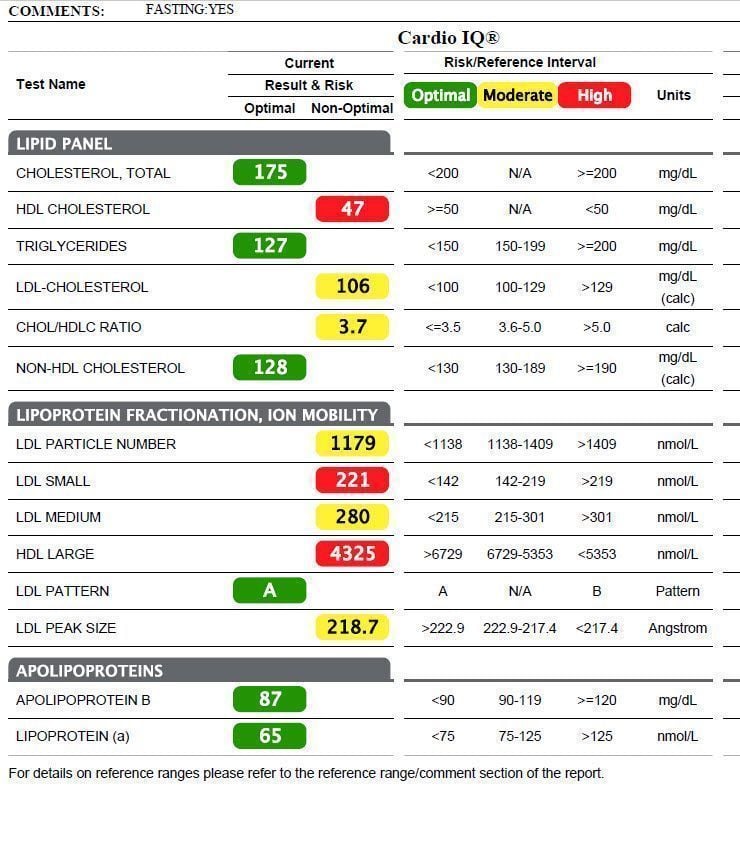Several studies have investigated the effects of vitamin K supplementation on coronary artery calcification (CAC) scores. Here are the details of some key studies:
## AVADEC Trial
This Danish study examined the effect of high-dose vitamin K2 (720 μg/day) and vitamin D (25 μg/day) supplementation over 2 years[2][3]:
- **Participants:** 389 individuals (304 without ischemic heart disease)
- **Design:** Multicenter, double-blinded, randomized controlled trial
- **Results:**
- Overall: No significant effect on CAC progression (Δ203 vs Δ254 AU, p = 0.089)
- Subgroup with CAC scores ≥400 AU: Lower CAC progression in treatment group (Δ288 vs Δ380 AU, p = 0.047)
- Fewer safety events in treatment group (1.9% vs 6.7%, p = 0.048)
## Shea et al. Study
This study investigated the effect of phylloquinone (vitamin K1) supplementation on CAC progression[6]:
- **Participants:** 388 healthy men and postmenopausal women
- **Design:** 3-year follow-up, randomized controlled trial
- **Intervention:** 500 μg phylloquinone/day + multivitamin vs. multivitamin alone
- **Results:** No significant overall effect, but slower CAC progression in treatment group for those with baseline Agatston score >10
## Frontiers in Nutrition Systematic Review
A systematic review published in Frontiers in Nutrition analyzed multiple studies on vitamin K supplementation and vascular calcification[1]:
- Found that vitamin K supplementation has a significant effect on slowing down CAC progression
- Highlighted a study by Belling et al. showing decreased development of new calcifying lesions in the aorta and coronary arteries after 3 months of vitamin K1 supplementation
## Danish Cardiovascular Academy Study
This study examined the effect of vitamin K2 supplementation on coronary artery disease[5]:
- **Participants:** Patients with no prior coronary disease
- **Design:** 2-year follow-up, randomized controlled trial
- **Results:**
- Non-significant reduction in CAC development overall
- Significant lower progression of CAC in high-risk patients (CAC ≥400 AU)
- Reduced risk of acute myocardial infarction, revascularization, and all-cause death
While some studies show promising results, especially in high-risk individuals, the overall evidence for vitamin K supplementation in lowering calcium scores remains mixed. More research is needed to fully understand its potential benefits and identify specific populations that may benefit most from supplementation.
Citations:
[1]
Frontiers | Vitamin K supplementation and vascular calcification: a systematic review and meta-analysis of randomized controlled trials
[2]
Effects of vitamins K2 and D3 supplementation in patients with severe coronary artery calcification: a study protocol for a randomised controlled trial - PMC
[3]
https://www.jacc.org/doi/10.1016/j.jacadv.2023.100643
[4]
Vitamin K2—a neglected player in cardiovascular health: a narrative review
[5]
https://academic.oup.com/eurheartj/article/43/Supplement_2/ehac544.1227/6745061?login=false
[6]
Vitamin K supplementation and progression of coronary artery calcium in older men and women1 - PMC
[7]
https://www.atherosclerosis-journal.com/article/S0021-9150(23)05228-0/fulltext
[8]
Despite hopes, vitamin K2 supplements fail to slow calcium buildup in heart valve















